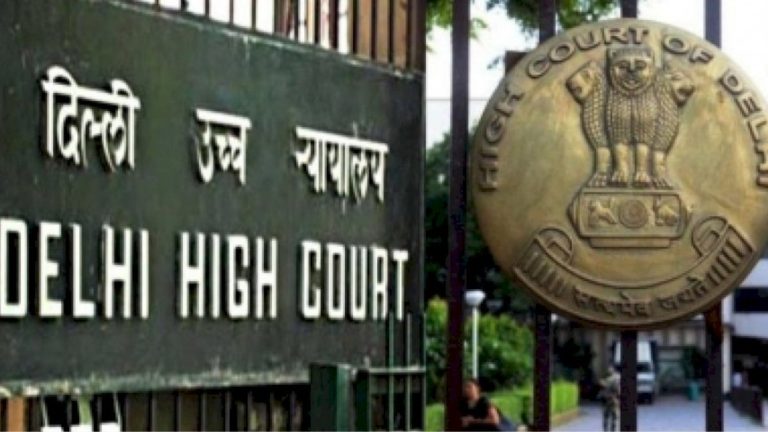New Delhi, 5 November 2025 — The Delhi High Court in the case of SpiceJet and LG Electronics (W.P.(C) 2941/2012 and W.P.(C) 6330/2021 & CM APPL. 19949/2021 decided on 4.11.25) has upheld key amendments made in the Employees’ Provident Fund Act and Scheme which mandate that “international workers” employed by Indian firms must become members of the Employees’ Provident Fund Organisation and contribute to the fund, and may only withdraw their full corpus on retirement or permanent incapacity.
The bench of Chief Justice Devendra Kumar Upadhyaya and Justice Tushar Rao Gedela held that the amendments (and associated notifications of 2008/2010) to the Employees’ Provident Funds and Miscellaneous Provisions Act, 1952 (EPF Act) and the EPFO scheme mandating membership of expatriate or “international” workers are constitutionally valid. According to the court, an expatriate/foreign-passport worker (termed an “international worker”) working in an Indian establishment must become a PF member regardless of salary level, contribute to the EPFO scheme and may only withdraw the full amount when they retire from service (after attaining age 58) or in case of a total, permanent incapacity to work.
The court rejected the contentions brought by companies including SpiceJet Limited which had contested the summons issued by EPFO in 2012 to determine PF dues for their international workers. The summons was upheld.
Also read – Implementing Biometric Attendance System with Employees Consultation not Illegal: SC
This decision closes a long-running point of contention.Many Indian employers with foreign-passport employees seconded to India for short durations (e.g., 2-5 years) had argued that mandatory EPFO coverage and contributions for those workers were onerous.
The court accepted the government’s stance that the classification of international workers as a distinct “class” is reasonable, given their differing employment period, exposure and purpose compared with domestic Indian employees, and that the amendments were aimed at social-security objectives.
For companies employing foreign nationals in India, this means a clearer legal obligation: foreign-passport workers are not exempt merely by virtue of short-term service or expatriate status from EPFO coverage under the 2008/2010 scheme amendments.
The court’s conclusion is specific to the Delhi jurisdiction and to the facts before it — but given the high-profile nature of the decision, it may influence other states HC judgment that may come in future.
Contrary to the Delhi HC judgment, the Karnataka High Court struck down certain provisions relating to international workers (para 83 of the EPF Scheme) as unconstitutional in April 2024. Hence, legal uncertainty still persists until the matter is finally settled by Supreme Court.
While membership is mandated, the question of contributions on full salary (versus wage ceiling) and whether all allowances must be included remains subject to further litigation and interpretation.
Employers in India with foreign-passport employees should verify whether those employees qualify as “international workers” under the EPF scheme and ensure compliance with EPFO membership and contribution requirements.
Foreign nationals working in India should be aware that, under this ruling, full withdrawal of PF may be deferred until retirement age 58 (or in case of permanent incapacity) — earlier partial withdrawal or exit upon leaving India is no longer guaranteed under this framework.
The judgment strengthens the EPFO’s regulatory regime regarding foreign-passport (“international”) workers in India, underscoring that these workers cannot be excluded from PF membership and contributions merely because they are expatriates or on short-term assignments.










